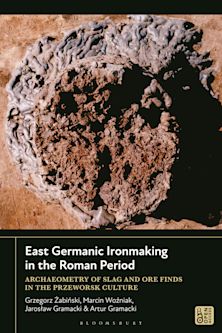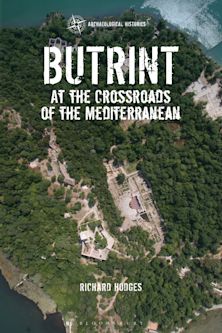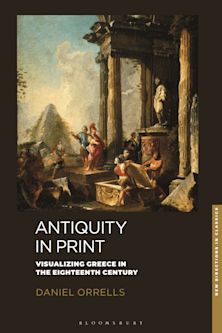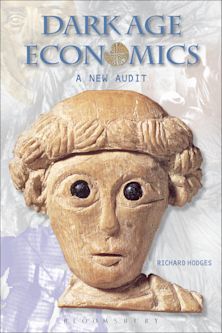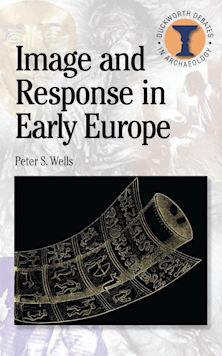This product is usually dispatched within 3 days
- Delivery and returns info
-
Free US delivery on orders $35 or over
Description
The Byzantine Dark Ages explores current debates about the sudden transformation of the Byzantine Empire in the wake of environmental, social and political changes. Those studying the Byzantine Empire, the successor to the Roman Empire in the eastern Mediterranean, have long recognized that the mid-7th century CE ushered in sweeping variations in the way of life of many inhabitants of the Mediterranean world, with evidence of the decline of the size and economic prosperity of cities, a sharp fall in expressions of literary culture, the collapse in trade networks, and economic and political instability.
Michael J. Decker looks at the material evidence for the 7th to 9th centuries, lays out the current academic discourse about its interpretation, and suggests new ways of thinking about this crucial era. Important to readers interested in understanding how and why complex societies and imperial systems undergo and adapt to stresses, this clearly written, accessible work will also challenge students of archaeology and history to think in new ways when comprehending the construction of the past.
Table of Contents
Introduction: Dark Ages
1. Historical Overview
2. Material Evidence and Meaning
3. Cities
4. The Dark Age Countryside
5. The Dark Age Economy
6. New Directions
Bibliography
Index
Product details

| Published | Feb 25 2016 |
|---|---|
| Format | Paperback |
| Edition | 1st |
| Extent | 256 |
| ISBN | 9781472536037 |
| Imprint | Bloomsbury Academic |
| Illustrations | 30 bw illus |
| Dimensions | 9 x 5 inches |
| Series | Debates in Archaeology |
| Publisher | Bloomsbury Publishing |
Reviews

ONLINE RESOURCES
Bloomsbury Collections
This book is available on Bloomsbury Collections where your library has access.













